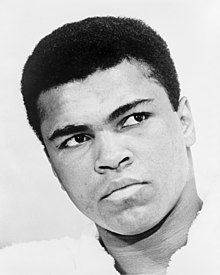- Mar 11, 2015
- 89,314
- 63,272
- 3,645
Sure she was and I don't take advice or counsel from racists so you can just butt out of this portion of the conversation.She's never upset.....and "we" is anyone rational and able to think logically who has been trying to knock some sense into your Mellon for the last couple of days.
Hardly.
I am the model of seraphic calm.
You should look that up.
No you are a young ass japanese idiot whose parents got reparations.


